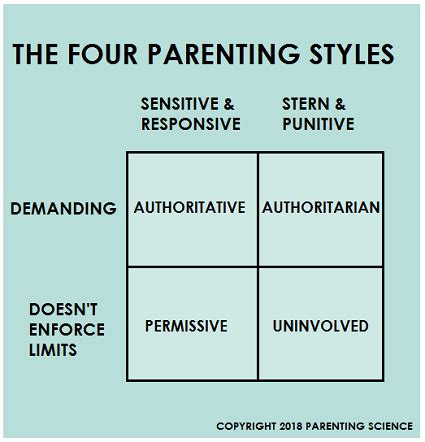The debate surrounding parenting styles in different countries, particularly Switzerland and the United States, sheds light on cultural values and societal norms that influence child-rearing practices. One aspect that stands out is the level of independence children are granted in each society. Comments from individuals who have experienced living in Switzerland emphasize the safety and freedom children enjoy in Swiss communities, where leaving a bike unlocked is often deemed safe. This cultural norm reflects a broader perspective on trust, community security, and personal responsibility.
Conversely, discussions on American parenting highlight concerns about child safety, crime rates, and societal perceptions. While some argue that children in certain US neighborhoods face risks due to traffic, lack of pedestrian-friendly infrastructure, and concerns about stranger danger, others share personal anecdotes of growing up with more autonomy. The fear of judgment from neighbors or potential legal consequences often influences parental decisions, leading to a ‘helicopter’ parenting approach that limits children’s independence.
The narratives of individuals recalling their experiences in both urban and rural settings bring to light the evolving landscape of childhood freedom. Factors such as cultural shifts, urban design choices, and societal expectations contribute to the varying degrees of autonomy granted to children. In regions where car-centric planning dominates, walking or biking to school becomes less feasible, impacting children’s opportunities for independent mobility.
Moreover, the impact of community perceptions on parenting decisions cannot be understated. Stories of nosy neighbors, police interventions, and legal repercussions for allowing children more freedom underscore the delicate balance parents must navigate. The stigma around unsupervised children engaging in everyday activities like climbing roofs or playing outdoors reflects broader societal anxieties and norms.
As societal changes and safety concerns shape modern parenting practices, the discussion extends beyond geographical boundaries. While reminiscing about past freedoms in rural environments evokes nostalgia for independent childhood experiences, the realities of urban living and cultural norms present new challenges. Balancing safety, community expectations, and fostering autonomy in children remains a complex task for parents across diverse environments.
In conclusion, the contrasting perspectives on parenting styles in Switzerland and America offer profound insights into the intersection of culture, community dynamics, and child safety. Understanding the nuances of how societal values influence parental decisions can enrich conversations around raising independent, resilient children in an ever-changing world. While each context presents unique challenges, the universal desire to nurture confident, self-reliant individuals transcends borders and cultural divides.


Leave a Reply